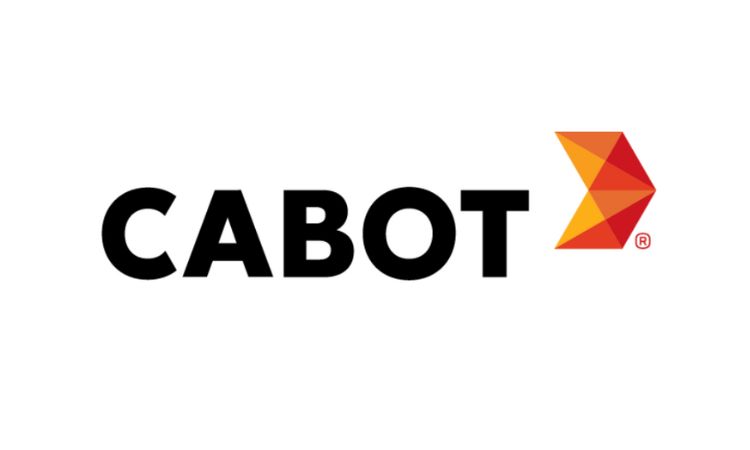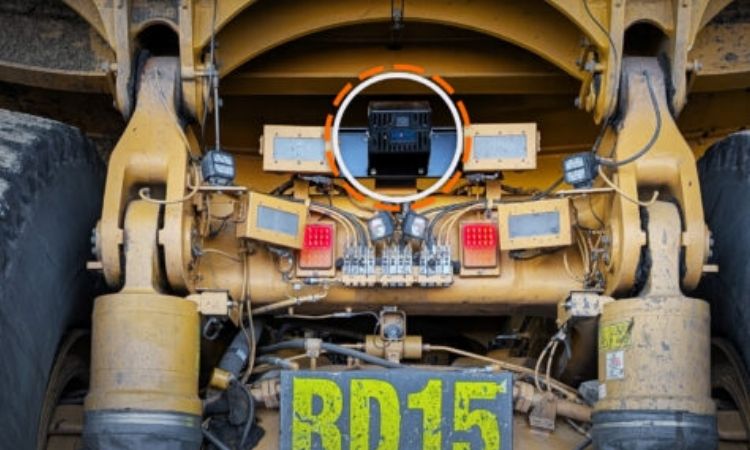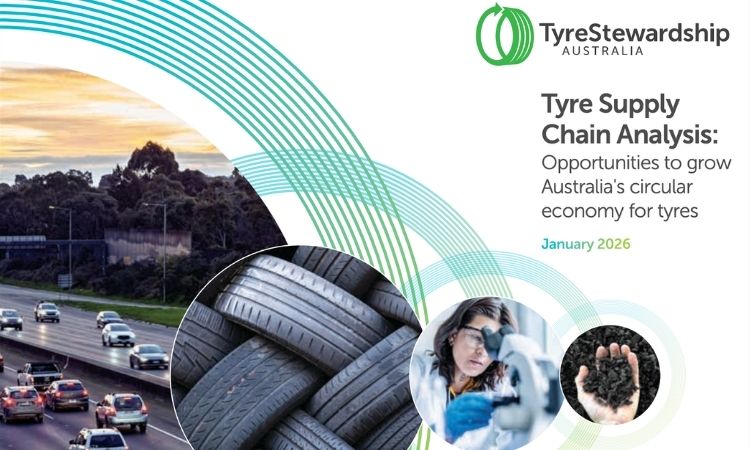Micro collectors save a good deal of money for South Africa
South African Council for Scientific and Industrial Research (CSIR) claims that waste pickers in 2014 saved the country between ZAR 310 million and ZAR 750 million as landfill spaces. Waste pickers are often referred to as micro collectors; their job of working with waste is not easy, in particular because of unstable income and due to the fact that they are abandoned by society. Throughout South Africa working with waste is considered a “dirty” job. Notwithstanding, things change due to involvement the organization called of the Recycling and Economic Development Initiative of South Africa (REDISA).
Annually, South Africa produces some 170.000 tons of end-of-life tires (ELT) which should be reprocessed and reused rather than dumped or burnt. By 2017, REDISA plans to recycle all of scrap tires in the country. Before REDISA commenced taking care of tire recycling, the country’s ELT reprocessing rate fluctuated around 4%, whereas the current rate of ELT reprocessing is above 70%. Local businesses also have a chance to make profits due to their involvement into the logistics chain established by REDISA, which is to eliminate country’s environmental problems.
One of South Africa’s micro collectors, Mfana Mthembu who is 52, turned waste tire collection in Orange Farm into an opportunity. After becoming a micro collector, Mafana hired some of the members of his community which enabled him to register a co-operative Mbanjwa Multi-Purpose Co-Operative Limited. Today, his enterprise includes seven people.
Mfana is very happy about the opportunity he found, especially given his age and need to furnish livelihood for his family. He can now rely on stable income and he hopes to expand co-operative. Moreover, he is happy that his initiative supports the city’s growing waste management system. In addition to his normal activities, Mfana coordinates one of REDISA’s micro collector drop-off containers in one of the local communities. The container is used for storing used tires before they are brought to recycling facilities. To do that and looking for further collaboration opportunities, Mfana partakes in a training program of REDISA. There, he acquires skills of running and managing successful business.
Also, Mfana experienced some challenges while running his business. According to his experience, many entities consider contribution by waste collectors negligible and view them as a nuisance, not even realizing that these people save millions to the South African economy.
“It is not an еasy job, but I would еncouragе young pеoplе who arе looking to еarn an honеst living and run thеir own businеssеs to еxplorе thе opportunity providеd by thе RЕDISA micro collеctor programmе,” Mfana says.
Stacey Davidson, director of Redisa, says the organization believes that the industry of waste management offers people means to furnish their living irrespective of their age, initial skills and level of education. Davidson says that the initiative is a great opportunity to deal with the low-skilled unemployment in the country. REDISA’s program stipulates inclusion of micro collectors into future waste collection and management plans, giving them security and recognition they deserve.
Article by Cape Business News.
Weibold is an international consulting company specializing exclusively in end-of-life tire recycling and pyrolysis. Since 1999, we have helped companies grow and build profitable businesses.









